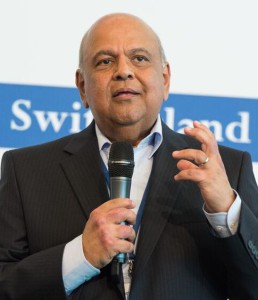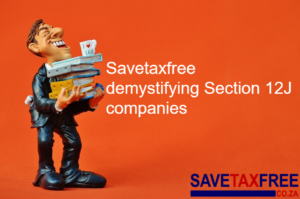No good news anticipated for tax-free enthusiasts
Related Articles
By Nonhlanhla Kunene, 23 February 2016
Tax-free savings enthusiasts are keenly awaiting Finance Minister Pravin Gordhan’s budget speech on Wednesday afternoon, which could bring in changes to the tax-free savings rules and regulations.
At present, investors are restricted to an annual contribution limit of R30 000 and a lifetime limit of R500 000. Whether or not the current limits are adequate remains a contentious issue among service providers and investors alike. But with the economy having taken severe strain towards the end of 2015, financial industry experts do not anticipate further tax breaks, at least not in the immediate future.
Nedgroup’s senior legal advisor, Denver Keswell says the R30 000 annual limit was designed to encourage individuals to save as much as possible each year. Unused amounts cannot be carried over to the following tax year. He does note, however, that Treasury did indicate that future increases in line with inflation and taking into consideration the product’s performance are possible. “What I can say is that Treasury did give indications that it would look at increasing the limits depending on uptake. With that said, we haven’t seen any indications of this taking place in this tax year. I think Treasury will probably be using this time to assess the product’s performance before making changes.”
Ridwaan Moolla, head of digital and education for Absa Stockbrokers, feels it may be too early to expect any changes from Treasury. “We are hoping for this [a change]. I do however feel this decision will be made based on how this offering has been taken up by South African individuals.”
Tax-free savings accounts were introduced by Treasury in an effort encourage greater savings among South Africans and curb the high levels of consumer over-indebtedness. Earlier research by Savetaxfree.co.za showed that 32% of all tax-free savings accounts opened (excluding those provided by banks) had been by first-time savers. That suggested that Treasury’s initiative is achieving its desired outcome.
Do service providers agree?
Keswell, thinks Treasury’s initiative is succeeding. So much so, in fact, that Nedgroup Investments had started seeing a spike in the uptake of its other investment offerings, as a result of some investors having already reached their annual threshold of R30 000. Also interesting to note is that of the 2 610 tax-free investment accounts Nedgroup Investments has opened, the majority (1 895), were opened by new investors.
While the majority of investors at Absa had not yet reached their annual limit, Moolla notes a similar trend where clients who have maxed out their annual R30 000 limit have started using the bank’s ETF account, which was designed to complement its tax-free offering, as a spillover account.
Although Keswell feels there is still room for improvement with regards to educating the public about tax-free savings, he does feel hat tax-free savings are achieving Treasury’s objective, which was to encourage more South Africans to start saving.
“This is the one thing Treasury did right and information from service providers indicating that 32% of investors, from March to June 2015, were first-time investors, shows tax-free savings are succeeding in attracting first-time investors.
Moolla says the rules should be simplified. “I think the rules need to be clearer and simpler. Many people think that if they deposit R30 000 and then withdraw R10 000 and later deposit another R10 000, they’re still within their limit when, in actual fact, they’ve gone over by R10 000.”
Keswell agrees, stating that people need to be better educated about the rules and regulations around the annual and lifetime limits as he does not feel these have been explained properly.
The thousands of enthusiasts will be watching whether Gordhan agrees. Possible amendments could include allowing new instruments to be held in tax-free accounts such as blue chip shares and not just ETFs. Others have lobbied to be allowed to include structured products such as smoothed bonus policies. And amendments to increase the current limits would also be welcome. Most likely, though, is that the minister bides his time to be able to assess how TFSA take-up has gone over the past year before introducing changes in budget speeches to come.







